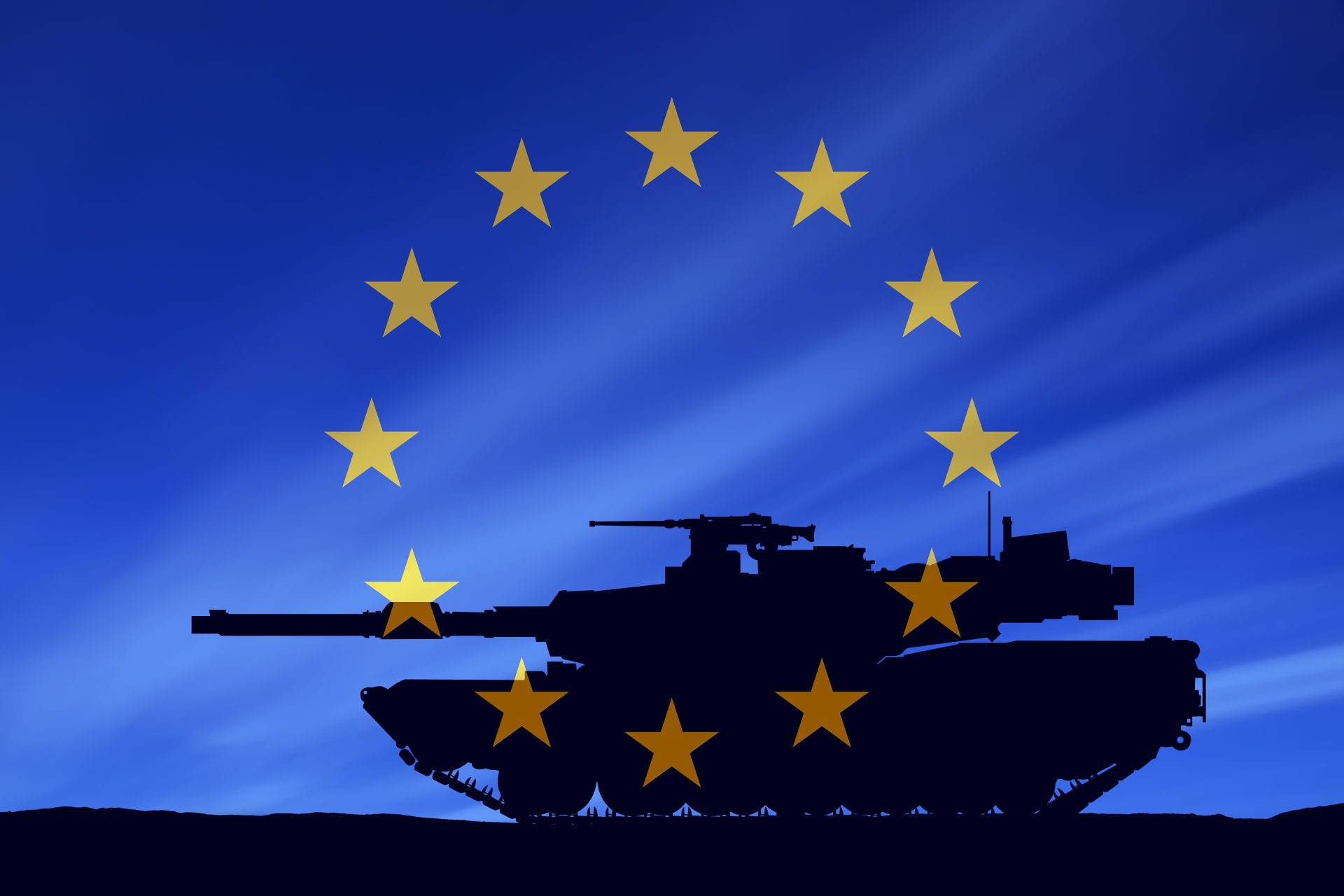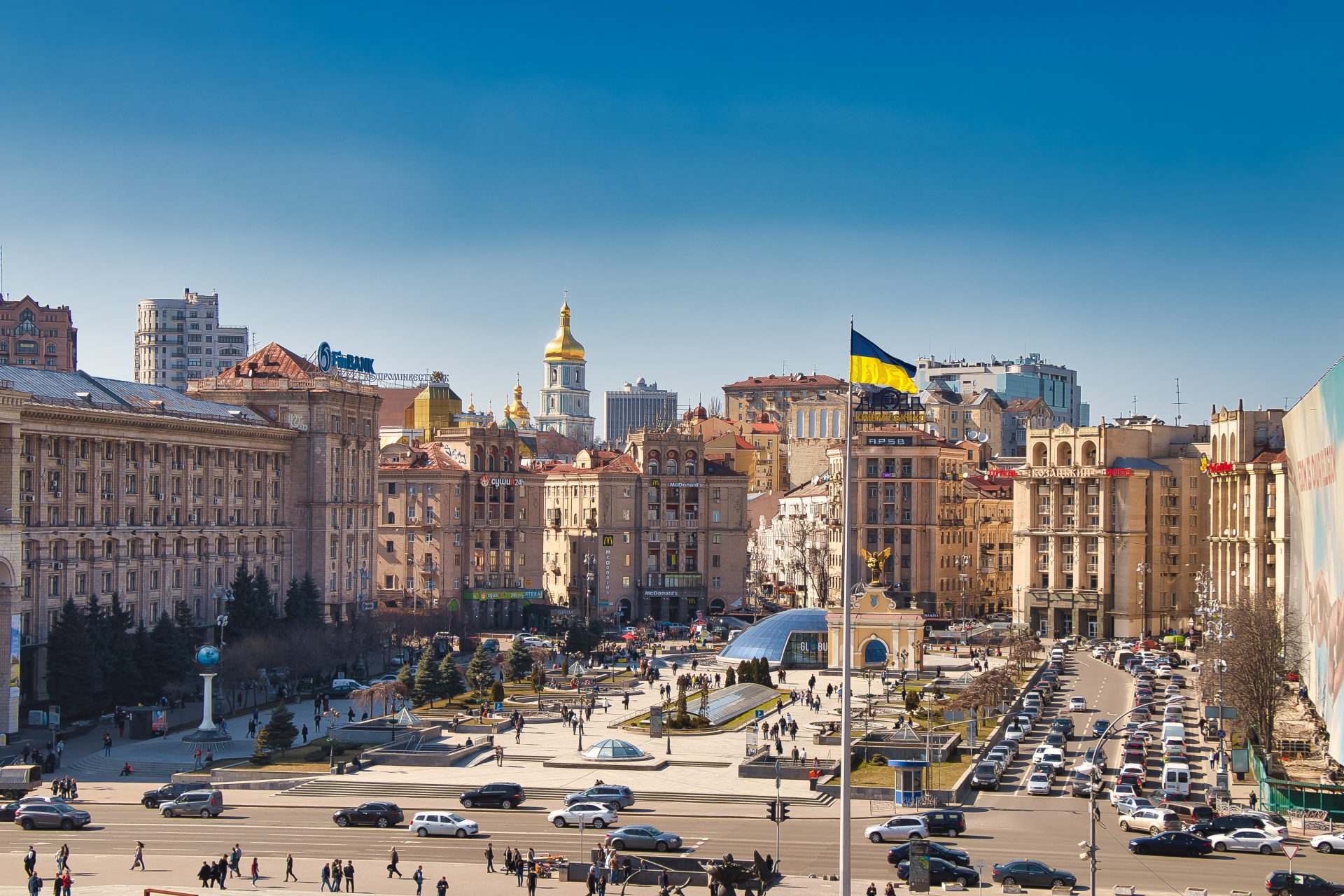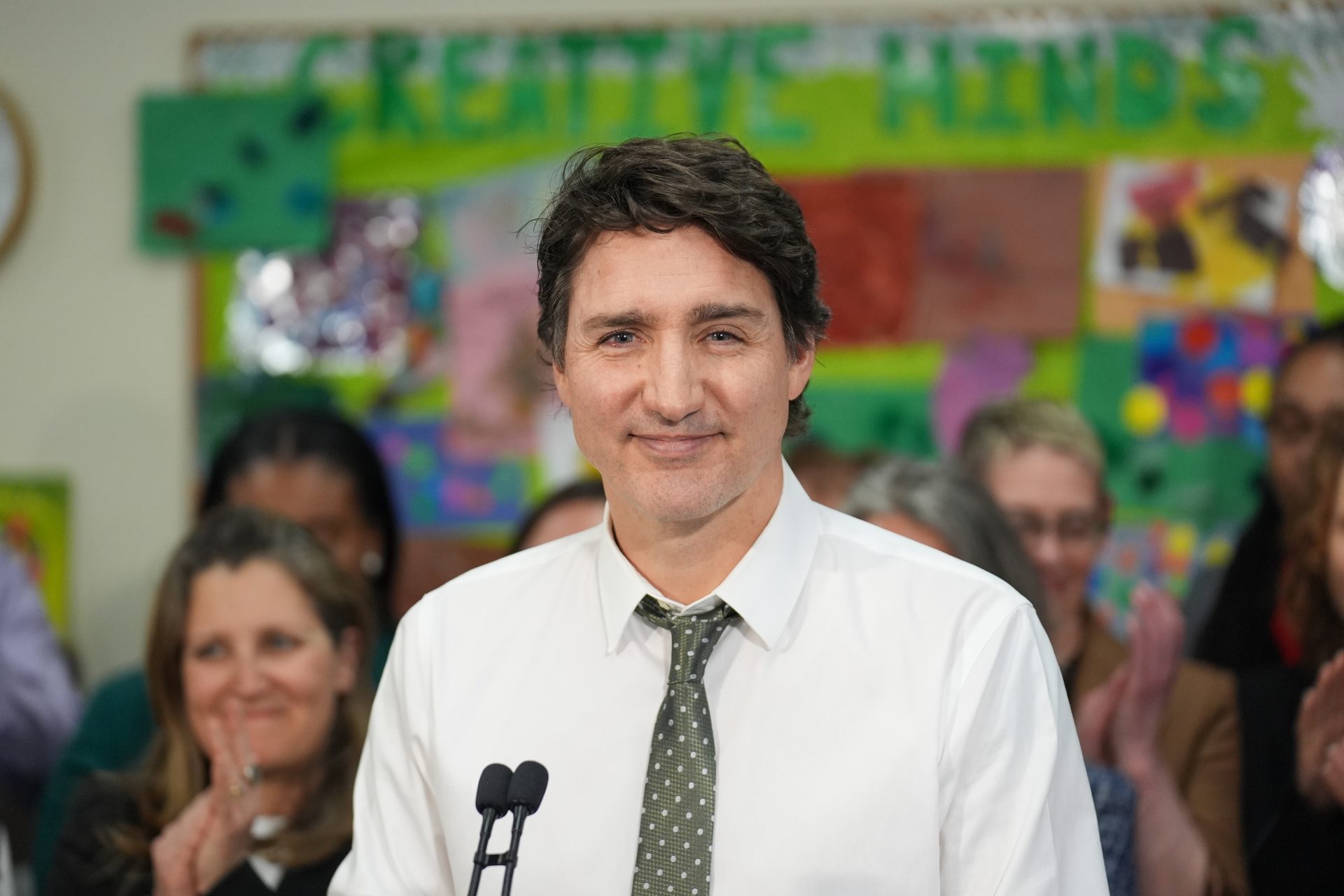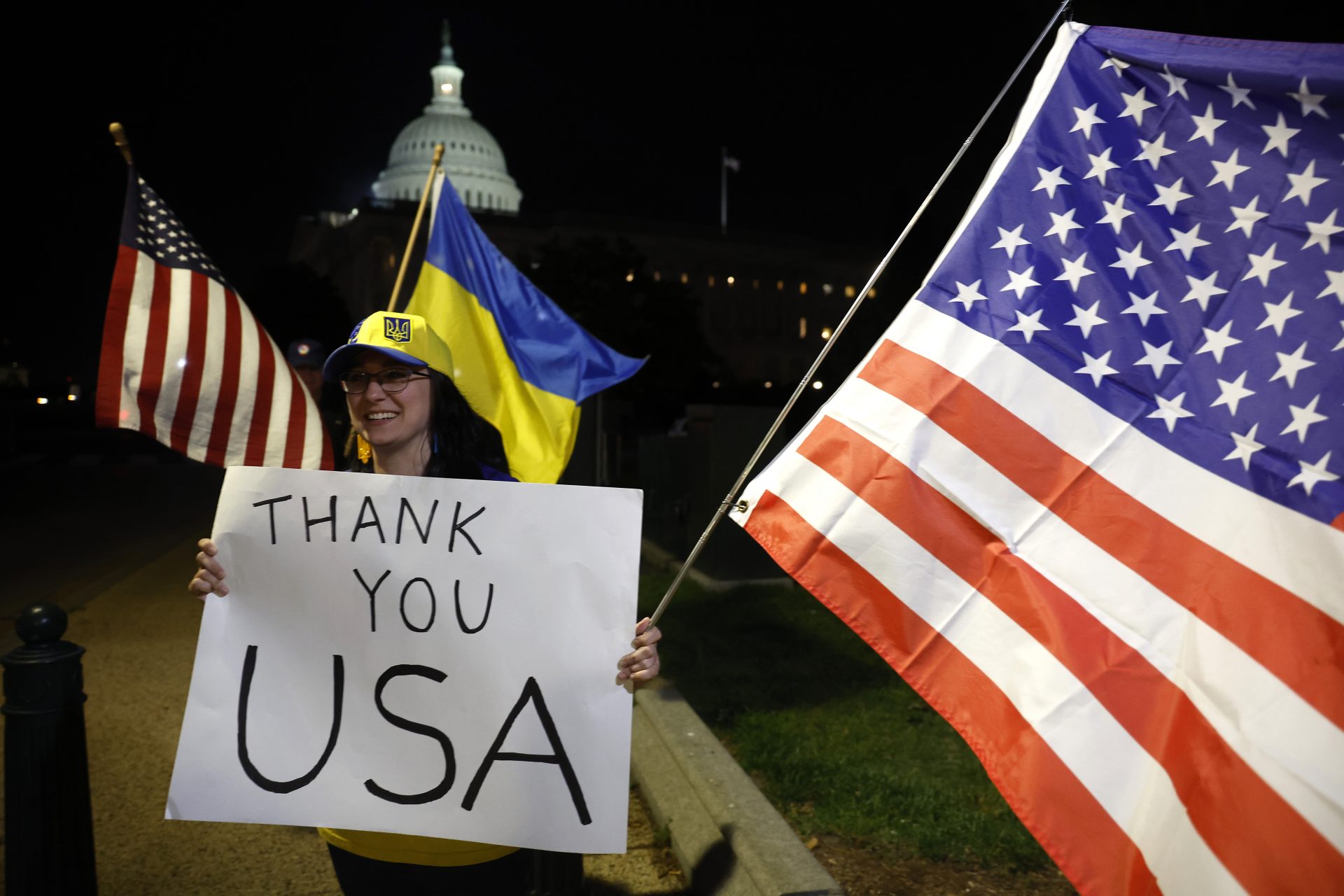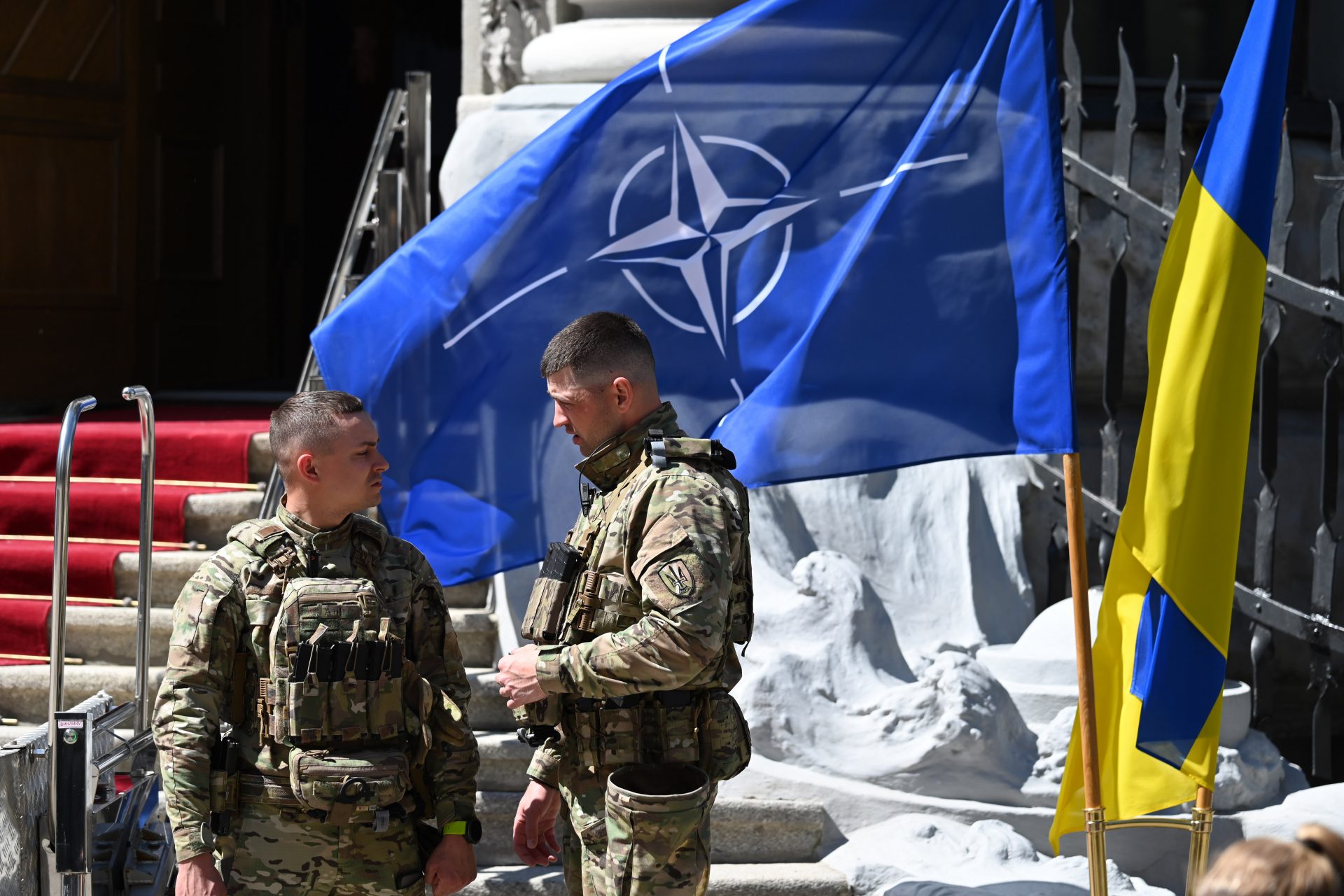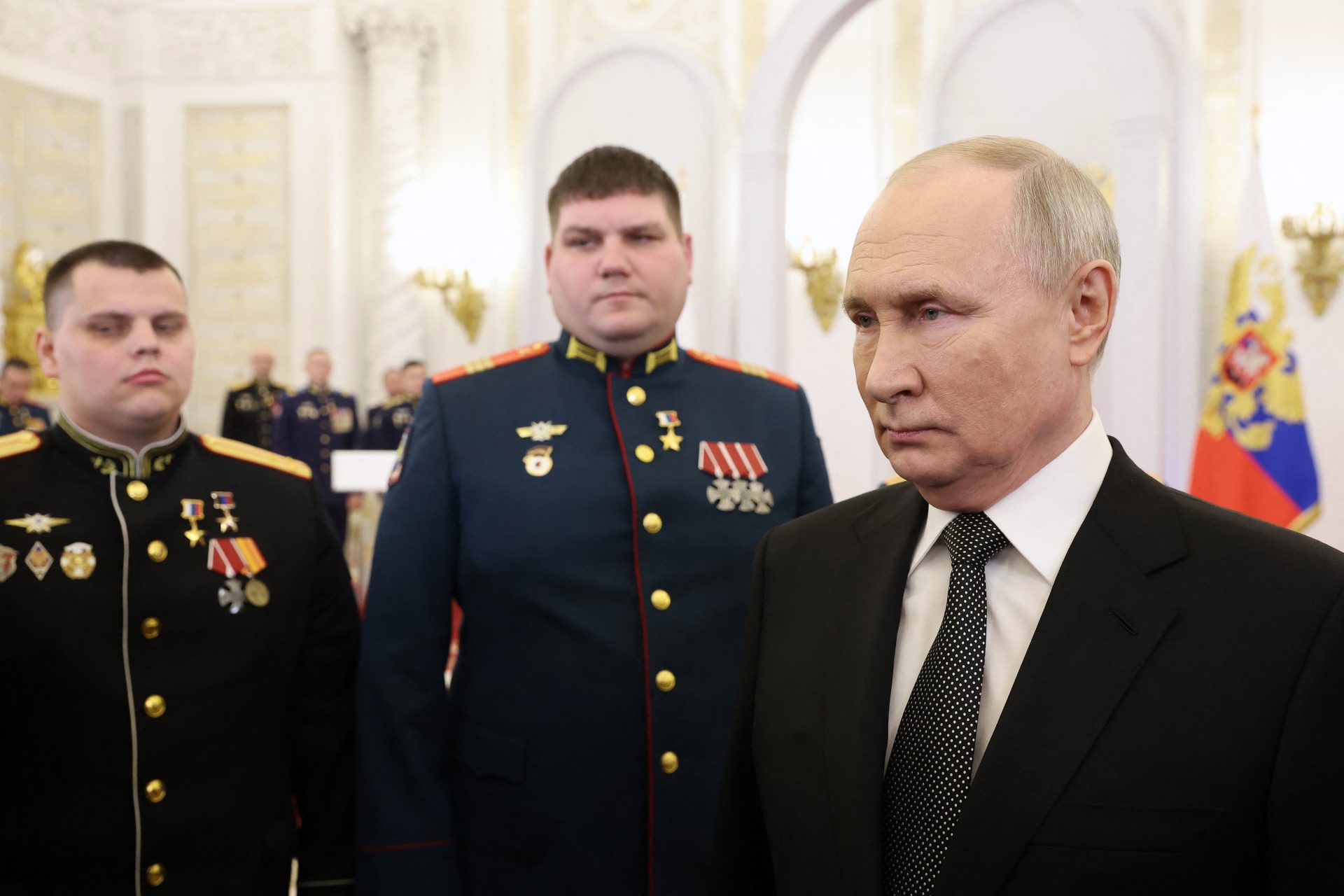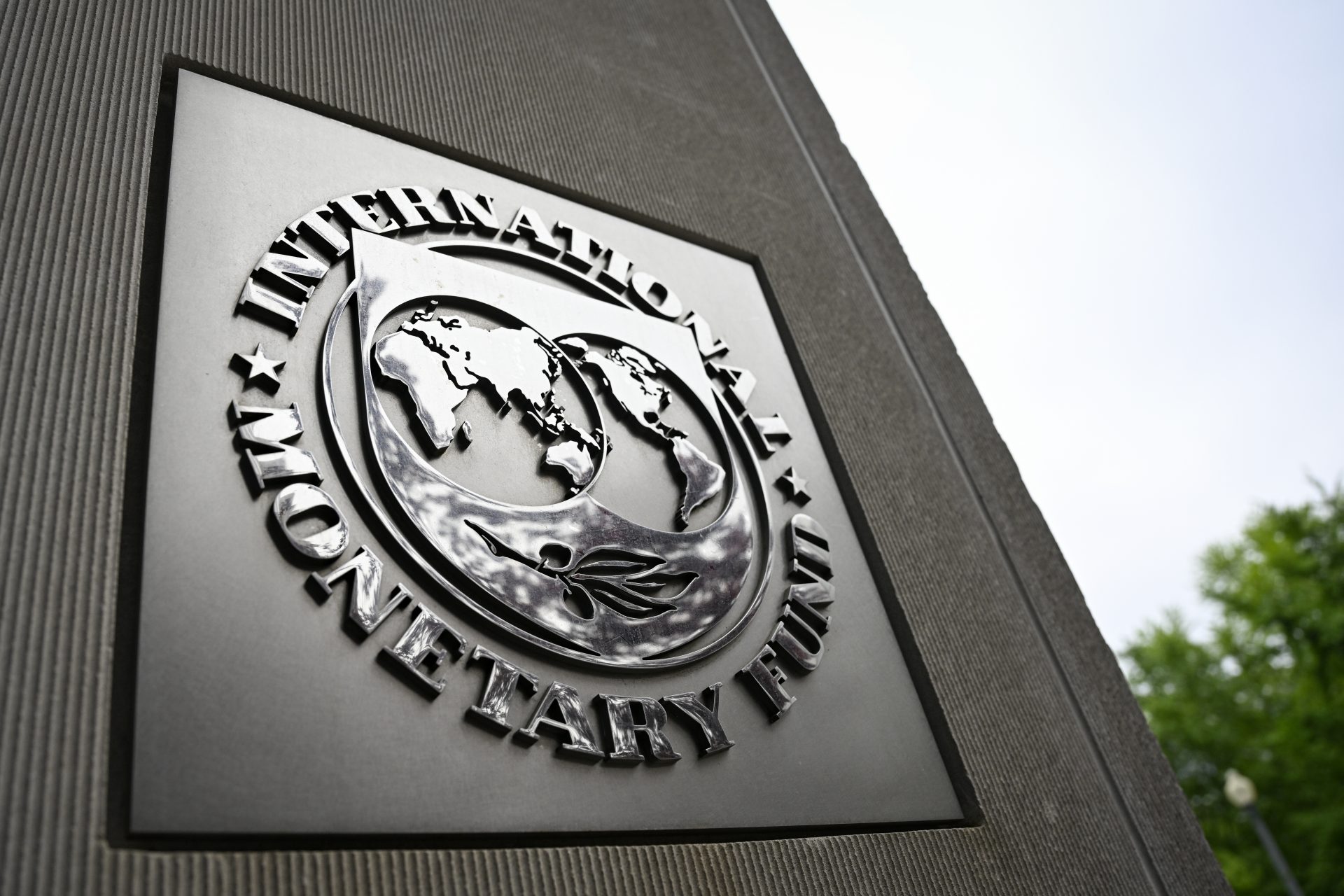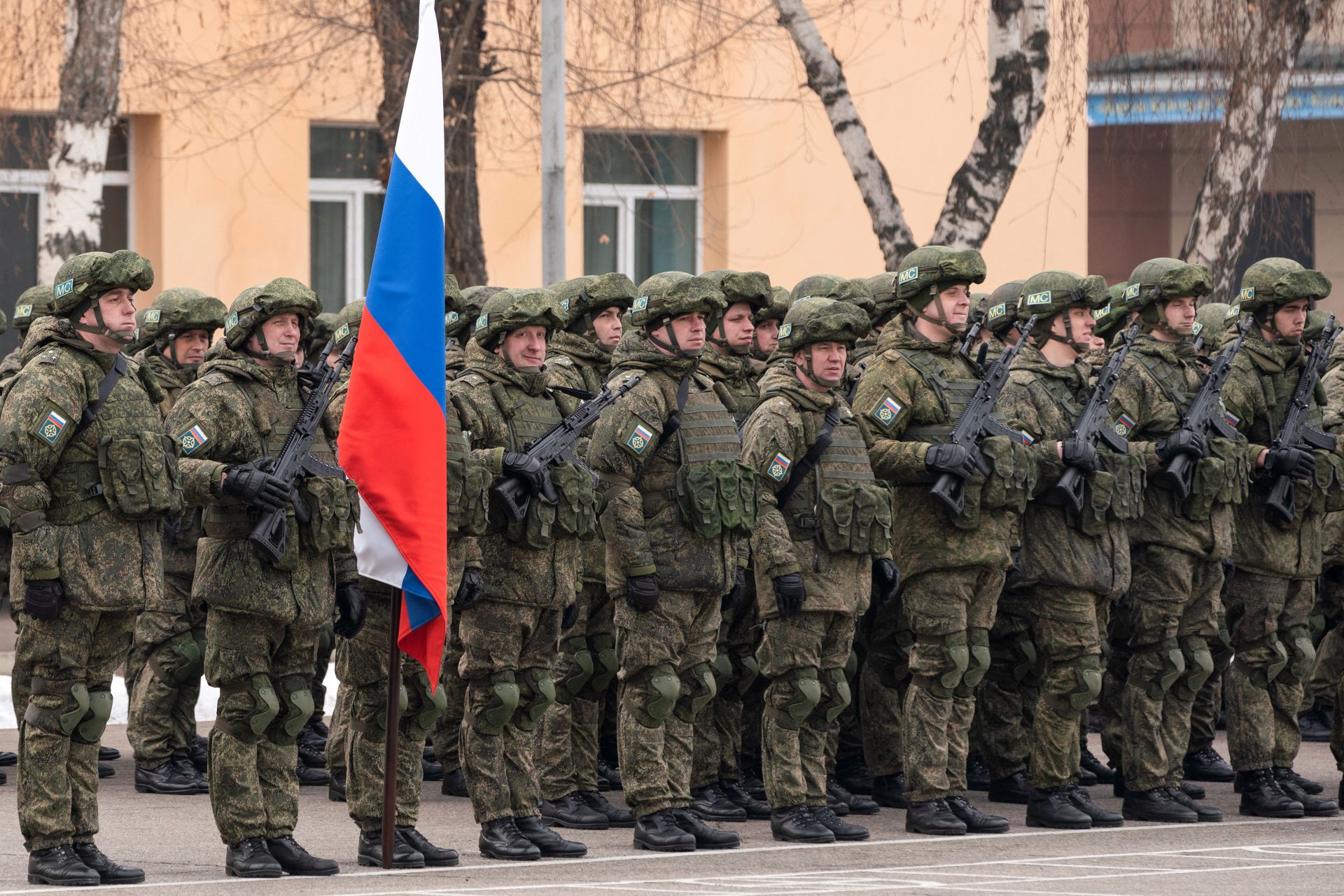Is WNBA star Brittney Griner Russia’s latest political hostage?
Brittney Griner, the Women’s NBA athlete facing criminal drug charges in Russia, may be the latest victim of a practice so common it has its own name: hostage diplomacy.
The detention of foreigners to influence the implementation of amenable political decisions, or prisoner swaps. Usually, the responsible government does not openly state its geopolitical ends, but it will imply that the captive’s fate is linked to broader hostilities or even to some specific demand.
The practice is often associated with authoritarian states like Iran, Venezuela and North Korea: countries that have little international standing or foreign tourism to risk and may be desperate for leverage against American threats of regime change or war. China, Turkey and now Russia, have also been accused of this tactic.
The United States is unusually vulnerable to hostage diplomacy for the simple reason that, as the world’s third-most populous country and its largest economy, many of its citizens are within the borders of other nations, including hostile ones, at any given moment.
Image: Joey Csunyo/Unsplash
In early May, the Biden administration declared Griner to be wrongfully detained by Russia's government. The US believes the Putin regime ordered Griner's arrest so it could use her as leverage.
The Kremlin insists the case isn't politically motivated. Spokesperson Dmitry Peskov said that he could only state the facts. "She was apprehended with forbidden compounds that contained narcotic substances," he said.
Nevertheless, the Kremlin seems interested in linking the fates of Griner and Viktor Bout, a Russian arms dealer known as the “merchant of death,” serving a 25-year federal prison sentence for conspiring to sell weapons to people who said they planned to kill Americans.
In recent weeks, Russian media outlets have directly linked the arm dealer’s case to Griner’s, and they have even claimed that talks with Washington for a possible exchange are already underway, something that US officials will not confirm.
On Thursday, Griner pleaded guilty to drug charges in a Russian court. There’s media speculation that she might have done it because an admission of guilt is a necessary pretext for a prisoner exchange.
The vast disparity between the cases of Brittney Griner and Viktor Bout highlights the extreme difficulty President Biden would face if he sought a prisoner exchange to free Griner. At the same time, Biden is under a lot of public pressure to free the WNBA player.
Brittney Griner, made a direct appeal to US president Joe Biden for her freedom in a handwritten letter that was delivered to the White House on Monday morning, according to her representatives. Two days later, Biden answered her letter and talked to Brittney’s wife to assure her he’s working on bringing her back.
“Bring our families home campaign”, a coalition of families of US hostages and detainees, wrote a letter to Biden in mid-June requesting to meet with him and they haven’t received any reply, their spokesperson said Wednesday.
Paul Whelan, a former US Marine jailed in Russia for alleged spying, said in a statement on Monday, "As the United States celebrates Independence Day, American citizens held hostage throughout the world are reminded that freedom is not free."
Elizabeth Whelan, Paul Whelan's sister, said she is furious that Biden has still not spoken with her family. "I want Brittney home as much as anybody else does. But why is Paul not getting the same type of level of attention? Paul's made plenty of statements to the President," she told CNN.
Siamak Namazi, who has been jailed in Iran since 2015, had an opinion piece published in The New York Times, writing, "I am compelled to break that silence now because I believe that the Biden administration's approach to rescuing Americans in distress in Iran has failed spectacularly so far and unless the president intervenes immediately, we are likely to languish in this abyss for the foreseeable future."
Iran is considered a leading offender, having arrested dozens of dual nationals, including imprisoning the Washington Post reporter Jason Rezaian from 2014 to 2016 on spurious espionage charges.
There was North Korea’s 2016 detention of Otto F. Warmbier, a college student visiting with a tourist group during a moment of high tension over North Korean missile launches. Warmbier was released 17 months later in a vegetative state and days from death.
Also in 2016, Turkey arrested a visiting pastor, Andrew Brunson, on espionage charges. The case was widely seen as intended to pressure Washington to extradite a Turkish dissident living in the United States. Though Washington refused to extradite the dissident, Brunson was released in 2018.
In 2017, as the Trump administration pursued efforts to overturn Venezuela’s government, the country arrested six American oil executives. There was little need to state explicitly that their fate depended on Washington’s actions.
Venezuela released one of those executives in March, along with an American tourist detained last year. This came just as Washington was discussing renewing oil imports from Venezuela to counteract rising prices.
Time after time, Washington faces the same dilemma: If it engages with the hostage-taker’s demands, for instance, by allowing Griner’s case to become linked to broader talks with Moscow, it would risk encouraging hostile powers worldwide to take more such hostages.
And then there is the question of how much attention to call to such cases. Playing them up can effectively increase the hostage’s value, making their quick return less likely. But engaging too quietly can risk conveying to foreign governments that hostage diplomacy goes unpunished.
“Ignoring the problem, or obscuring it with diplomatic euphemisms and opacity, only helps the hostage-takers,” Jason Rezaian, the journalist taken as a political hostage by Iran for two years, wrote in a recent essay on Brittney Griner’s case.
More for you
Top Stories


























